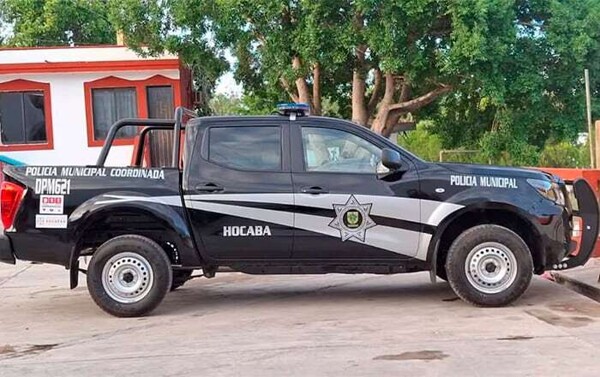
The Attorney General's Office of the Republic (FGR) issued the National Program to Prevent and Sanction Torture and Other Cruel, Inhuman, or Degrading Treatment or Punishment, with a seven-year delay. The obligation to publish it dates back to 2017, and its dissemination occurred after a Collegiate Court ordered its publication following an amparo lawsuit filed by organizations such as Centro Prodh, Fundar, and Documenta A.C.
Centro Prodh noted that the document acknowledges the persistence of torture as a national problem, something previously denied by the Executive on several occasions. Although they highlighted positive aspects such as the preparation of an annual report on the issue, they pointed out that it lacks indicators, contrary to what the General Law requires.
Among the identified deficiencies, there was a warning about the lack of administrative sanctions for judges who fail to fulfill their obligations in cases of torture, without similar measures for public prosecutors and police officers. It was emphasized that the effectiveness of the program will depend on its correct implementation.
The organizations expressed hope that the program could influence the review of cases such as that of Karen Ordoñez, who remains in prison after having been a victim of torture. Furthermore, it was highlighted that the Federal Judiciary continues to be key given the FGR's omissions and that its weakening or politicization could put this instance at risk.
The publication agreement, signed by the Attorney General of the Republic, Alejandro Gertz Manero, is identified as AGREEMENT A/001/2025 and is already available in the Official Federal Gazette. This program aims to establish coordination mechanisms between authorities of the three levels of government to prevent, investigate, prosecute, and sanction these crimes, as well as to ensure the protection and comprehensive reparation of victims.
Additionally, it includes a diagnosis of the incidence and modalities of torture, as well as strategies and action lines to eradicate it. The program was agreed upon with various government agencies and human rights organizations, such as the Secretariat of the Interior, Health, National Defense, Navy, the CNDH, and the Chamber of Deputies. The Specialized Prosecutor's Office for Human Rights has been instructed to implement the necessary actions, including the formation of a Steering Committee within 60 days, responsible for updating and disseminating the program.














